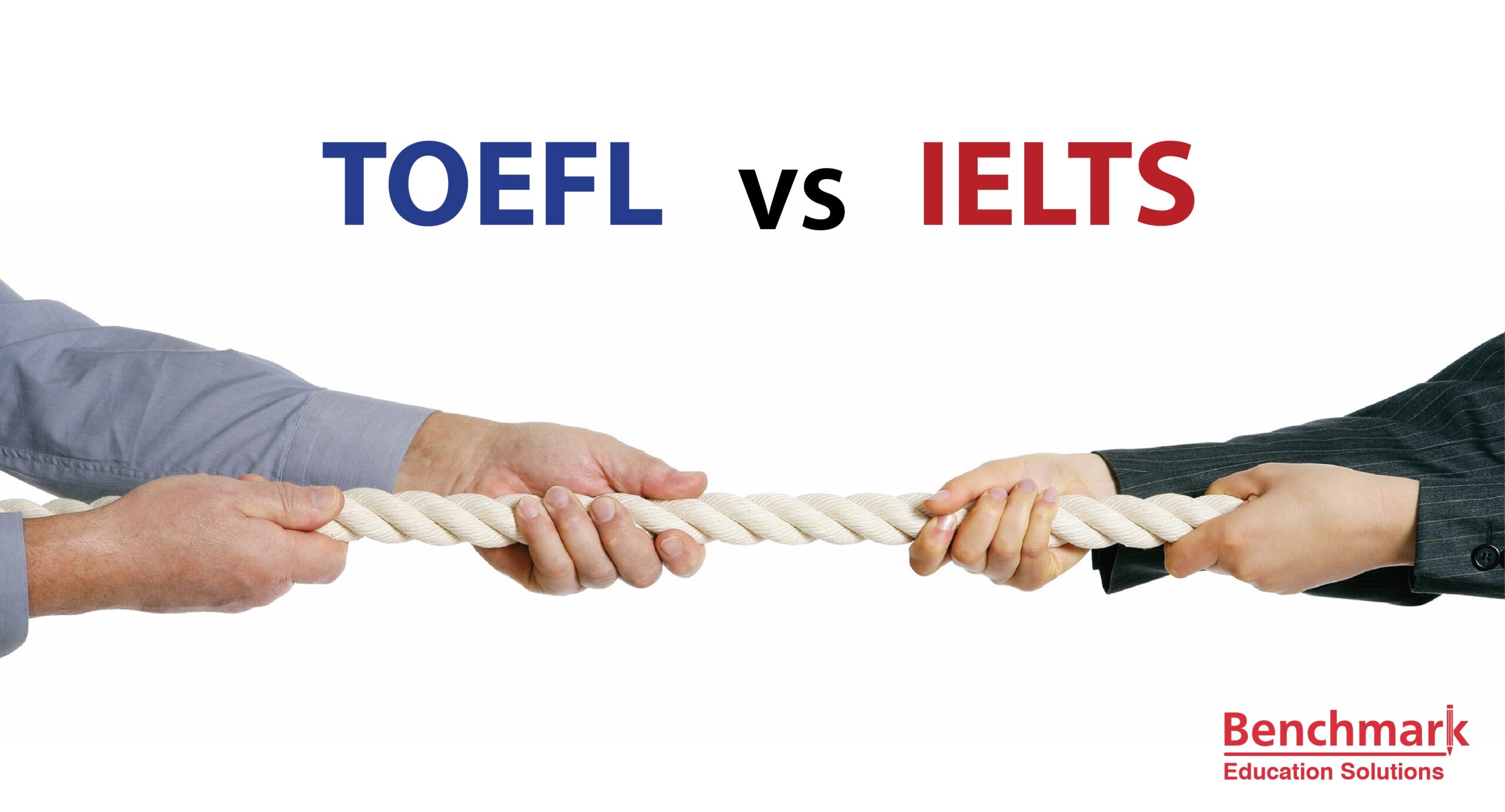When it comes to testing English language proficiency for academic or immigration purposes, two of the most popular exams are the International English Language Testing System (IELTS) and the Test of English as a Foreign Language (TOEFL). Both exams serve similar purposes but have some key differences that test takers should be aware of before choosing which one to take.
IELTS is widely accepted in the UK, Australia, Canada, and New Zealand, while TOEFL is more commonly accepted in the United States. Both exams assess reading, writing, speaking, and listening skills, but the format and scoring systems differ between the two.
Differences between IELTS and TOEFL
One of the main differences between IELTS and TOEFL is the speaking section. In IELTS, the speaking test is conducted face-to-face with an examiner, while in TOEFL, it is recorded and scored by multiple raters. This can make a difference for test takers who may feel more comfortable interacting with a real person rather than speaking into a microphone.
Another key difference is the writing section. In IELTS, test takers are required to write a formal essay and a letter, while in TOEFL, they need to write an integrated essay and an independent essay. The topics and requirements for each exam’s writing section vary, so it’s important for test takers to familiarize themselves with the specific tasks for each.
Additionally, the listening and reading sections of IELTS and TOEFL have differences in terms of question types and timing. TOEFL tends to have more multiple-choice questions, while IELTS includes a mix of question formats such as matching, labeling, and short answer. The timing for each section also varies, with TOEFL typically being longer in duration than IELTS.
Overall, both IELTS and TOEFL are reputable exams that assess English language proficiency effectively. The choice between the two exams ultimately depends on the test taker’s goals and preferences. It’s recommended for individuals to research the specific requirements of the institutions they are applying to and determine which exam aligns best with their needs.
In conclusion, understanding the differences between IELTS and TOEFL can help test takers make an informed decision when choosing which exam to take. Whether it’s the format of the speaking section, the writing tasks, or the question types in the listening and reading sections, being aware of these distinctions can lead to better preparation and ultimately, success on the exam.
